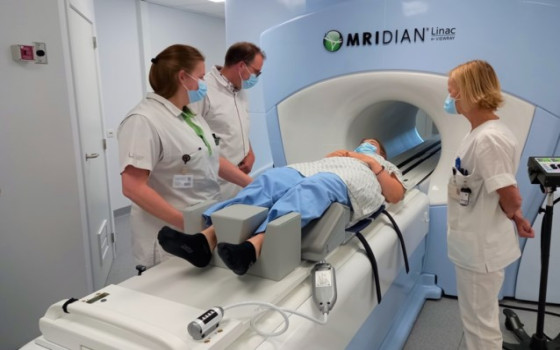
Scientists discover a new drug that stops cancer growth without harming healthy cells. Initial experiments show amazing results.

- Europe and Arabs
- Friday , 17 October 2025 10:16 AM GMT
London - California: Ouba and Al Arab
The Francis Crick Institute in London, in collaboration with Vividion Therapeutics in California, has discovered new chemical compounds capable of halting the growth of cancerous tumors without harming healthy cells.
This achievement represents an important scientific step toward developing more precise and safer treatments for various types of cancer.
According to a report by the European News Network in Brussels, "Euronews," which added under the title "A Game-Changing Discovery," the researchers targeted the relationship between the RAS gene, one of the most strongly linked genes to cancer, and the PI3K enzyme, which is involved in regulating cell growth.
When the RAS gene is mutated, it remains constantly active, causing cancer cells to divide relentlessly. However, completely disabling this gene or enzyme causes serious side effects because they perform vital functions in the body, such as regulating blood sugar levels.
Instead of completely shutting down the gene or enzyme, the scientists succeeded in only interrupting the connection between them, which stopped the signals that stimulate cancer cell growth without affecting healthy cells.
Impressive Results in Initial Experiments
The researchers tested the new compounds on mice with lung cancer caused by mutations in the RAS gene, and observed that tumor growth was completely halted without any side effects such as high blood sugar.
When the drug was tested with other drugs targeting the same pathway, the results were more effective and sustained in suppressing tumors.
The compounds were also tested on mice. A patient with HER2-associated breast cancer, the results showed the same effect in shrinking tumors, even without mutations in the RAS gene, suggesting the treatment could be used for a wider range of cancers.
From Lab to Human Trials
Following these encouraging results, the team has already begun Phase 1 human clinical trials to test the drug's safety and side effects in patients with mutations in the RAS and HER2 genes.
The trials will also examine whether the treatment is more effective when used in combination with other drugs that target the same pathways.
"We've been working for years to try to stop the interaction of the RAS gene with cell growth pathways, but side effects have always been the biggest obstacle," said Julian Downward, head of the Oncogene Biology Laboratory at the Crick Institute.
"Now, we've succeeded in specifically targeting the relationship between RAS and PI3K, without disrupting normal cell function. This is a real breakthrough."
Matt Patricelli, Chief Scientific Officer at Vividion, said: "We've been able to design molecules that block the signal that causes cancer growth without disrupting the cells' vital processes. Seeing this discovery move into clinical trials is amazing and promising for patients.
A new step in medicine's fight against cancer
This discovery represents a major shift in the way cancer is treated, as it relies on disrupting the signals that cause cells to divide rather than completely destroying them.
If the drug proves successful in clinical trials, it could open the door to a new generation of smart treatments that precisely target cancer while preserving the body's health.


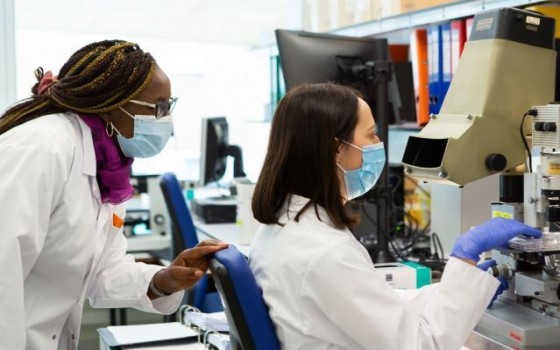
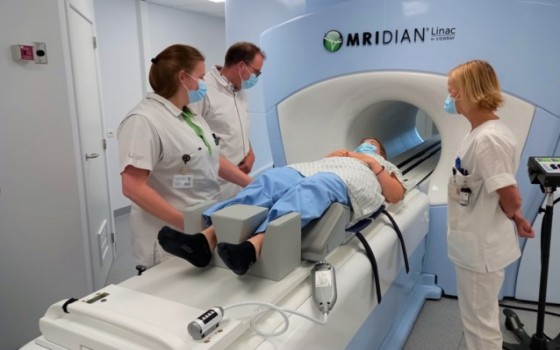


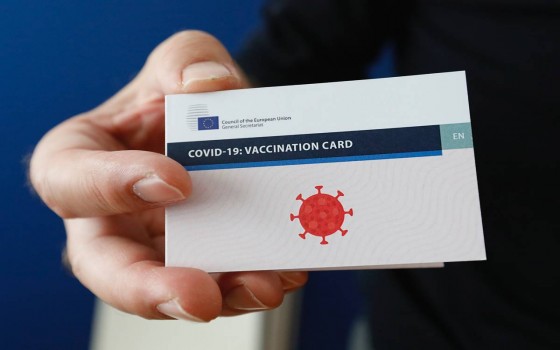


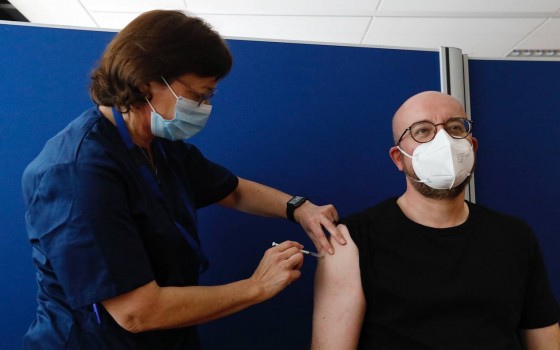


No Comments Found